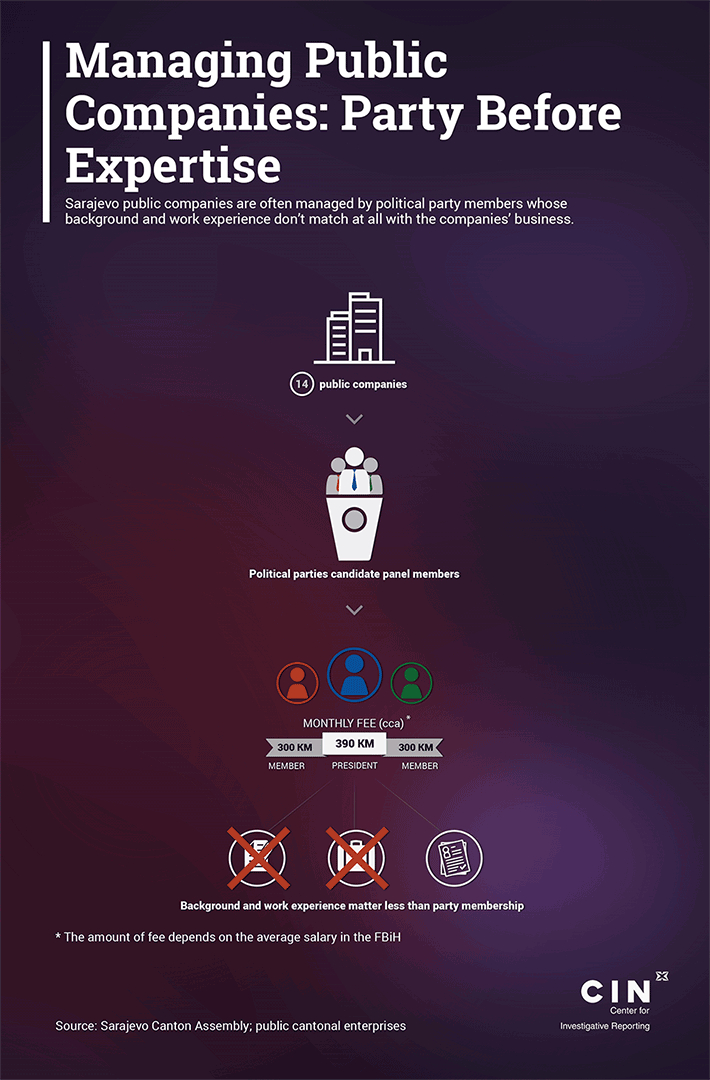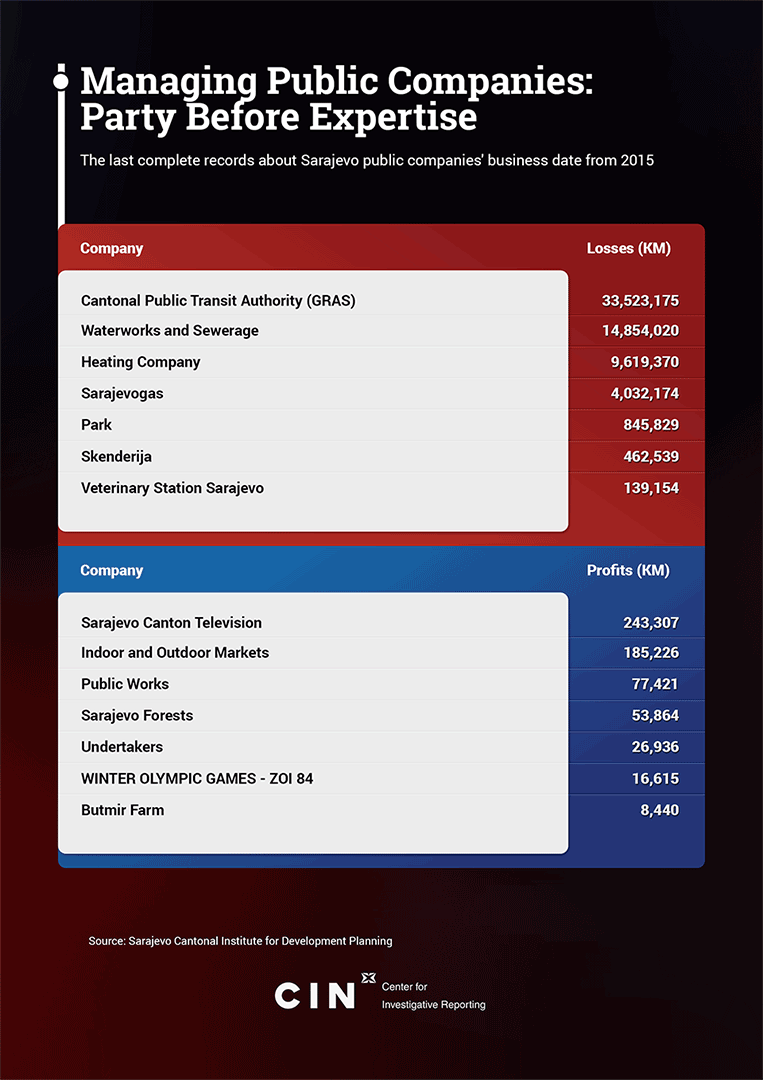In the summer of 2017, temperatures in the capital of Bosnia and Herzegovina (BiH) soared to 35 degrees Celsius. It was difficult for Sarajevans to find refreshment. Malfunctioning infrastructure and a dearth of water prompted the Sarajevo Waterworks and Sewerage Department to switch off water day and night. That department was run by a panel filled with party members who have no background running public water or sewer systems, people like Mersiha Duraković , 28, who got appointed on the basis of a bogus work certificate.
Waterworks and Sewerage is one of 14 public companies in the capital. Half have lost money for years. The companies are managed by three-member panels whose job it is to represent the interests of Sarajevo Canton, plan work, and decide on important financial issues.
An investigation by the Center for Investigative Reporting in Sarajevo (CIN) has uncovered how these panels are often composed of people representing political parties that want to control the companies’ work. CIN talked to 28 former and current panel members, and most of them admitted to belonging a political party.
Don't want to miss our stories?
Sign up for our newsletter.
Don't want to miss our stories?
Sign up for our newsletter.
The Party of Democratic Action (SDA) has appointed people like Mirza Čelik to pick candidates from its stable of members for panels in public companies. The candidates are sent to a ministry “that has a discretion to choose one of those delegated on behalf of the party.”
Candidates’ education and work experience often are not aligned with work they are expected to do or with the obligations of the panel members. For example, an engineer of forestry and a high-school professor were managing the city’s food markets; an army officer was in charge of public transport, a counseling professor and social workers were in charge of natural gas delivery, and a B.A. in sport management was in charge of the city’s public works.
“Here all the politics flunked the exam, and this had very bad consequences for the society,” said Cantonal Prime Minister Elmedin Konaković. “Nowadays you have in Sarajevo Canton companies that are in catastrophic state because of bad management.”
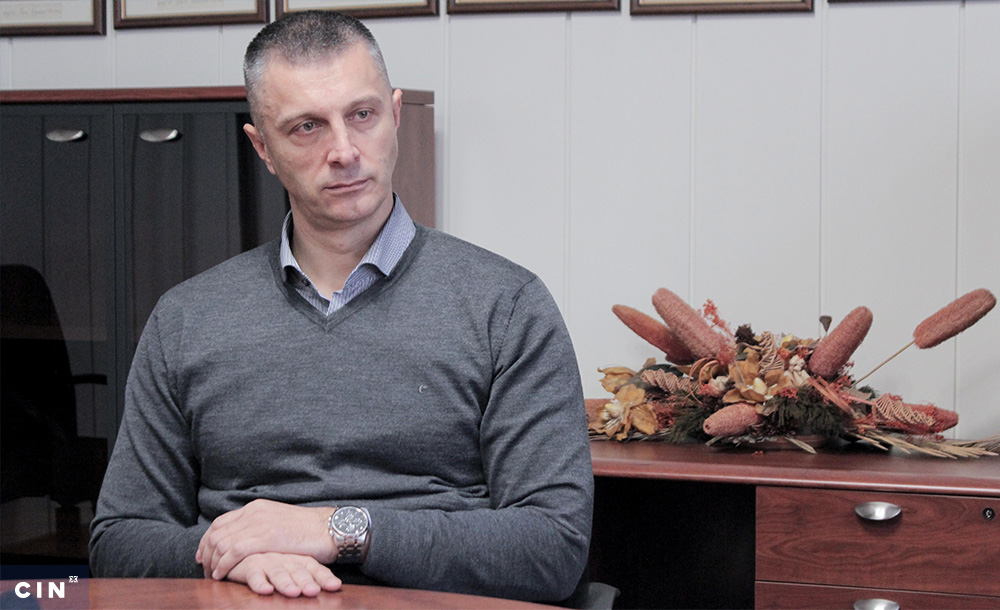
Office for Party Apparatchiks
A panel is made up of a president who earns about 390 KM and two members entitled to fees of 300 KM. After a call for applications is closed a commission selects a panel while the Canton’s Assembly appoints it.
“Oftentimes calls for applications are a farce…It is very rare that someone who deserves it, or is smart, is selected following the call,” said Konaković. He explained that after elections, positions in public companies are meted out among the various parties that send the names of their chosen candidates for the panels.
Members of the Party for Better Future (SBB) Zajim Aljićević, and Bosnia and Herzegovina Patriot Party (BPS) Safet Baltić, told CIN how this actually looks.
“I was on a trip and I was asked to send a CV. I sent a CV. I found by accident that I had been put forward,” Aljićević told about a call he received from the party regarding the panel of the Heating Company. All he knew about the company at the time was what any “man on the street” might know. Just a month after his appointment, he was mapping out and making decisions about a two-year business plan, a plan of public procurement, and changes to the company’s by-laws.
With help from party friends, Baltić joined the panel of the Cantonal Public Transit Authority (GRAS). “’Is that paid? ’I asked him,” said Baltić. “He said ‘It pays around 400 KM, more or less’. I said ‘Perfect, great. An installment. I need to take out a loan.’”
After that he joined the company’s assembly and the party.
In 2009, Public Cantonal Companies formed panels for the first time in order to protect the Canton’s interests.
The last complete records about their business date from 2015, when seven companies reported more than 63 million KM in losses. Another seven companies made a profit of around half million. These companies provide utility services, manage natural resources, tourism sites, and public assets.
However, political parties do not match their functionaries’ background and work experience with the needs of public companies.

Low Criterions for Responsible Positions
In mid-2015, with a masters in pedagogy, Larisa Vlahovljak from the Democratic Front (DF), was appointed to the assembly of the Parks Department. It is in charge of maintaining green areas in Sarajevo and managing the zoo in “Pionirska dolina“. It has lost money over the past eight years.
Vlahovljak told CIN that she had until them volunteered and worked in her chosen field, not parks. She said that she got a phone call from the Employment Bureau to apply for the panel, then read in the newspaper that she’d been appointed.
“People, everyone started calling me. ‘You kept mum,’” said Vlahovljak. She knew nothing about the company – but “when we arrived, we … took books and pored over them to learn about everything.“
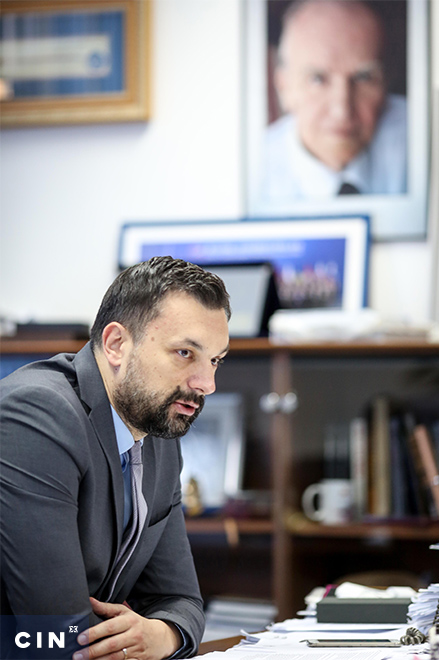
With zero experience in the city transit, social worker Denis Hajdarević was appointed to GRAS’s panel. He previously worked at a TV in various capacities, including sound recording. He said that he probably got the job through a party’s list, but did not want to name the party. He could not tell why he was hired. “You will have to ask those who selected me among those candidates…probably because my resume is good,” said Hajdarević.
GRAS has the biggest problems of the public companies. When Hajdarević was on the panel, the company showed losses of more than 27 million KM. In May 2017, the Cantonal Assembly dismissed the management and put the company under receivership to avoid bankruptcy.
SDA member Alem Avdibašić joined the panel of the Butmir farm, thanks to party connections. He is a counselor at a primary music and ballet school.
“The party asked me if I wanted to be appointed as acting member,” Avdibašić. recalled. SDA’s Čelik offered the Butmir post.
Čelik said that in overseeing the work of an enterprise, the party may sometimes profit more from a counselor than from an economist or lawyer.
The Cantonal government stipulates that a membership on the public companies’ panels requires a university degree and at least three years of experience in one’s chosen field. In 2011, stricter criteria were adopted that made it clear candidates had to have background and experience relevant to the company he was applying for. However, these were in force for just three months.
Over the past eight years, 252 people have taken seats on panels in 14 enterprises. CIN was unable to obtain all the candidates’ resumes from the relevant ministries, but it did collect records for 100. Forty of these candidates did not have met the precise criteria that were in force during that short period.
Former and current government members said that criteria should be stricter. Yet, they did not recommend the changes to what is in place.
“I would have been eaten up if I was to change the procedure…and if we said, look now – those shouldn’t, they are not qualified – The coalition would have fallen apart,” said Senad Hasanspahić, a Cantonal minister for utility industry and infrastructure, in charge of seven utility companies.
Bogus Certificate Gets One Into Enterprise Panel

In spring 2016, this ministry, published a call for applications for the panel of Water Works and Sewerage. Lawyer Duraković applied and attached to her application a certificate that she had worked for three years and one month in the private firm, Tripoli. It appears to be bogus.
On the unsigned certificate was one sentence about the time period during which Duraković worked in the firm’s administrative and legal affairs.
The certificate stated that Tripoli’s director was Hajrija Šeta who told CIN she did not write the document nor did she ever work with Duraković.
According to company register records, Šeta was Tripoli’s authorized representative. The firm’s director Mustafa Elbukshi said that it never operated and that he did not know Duraković.
A telephone number on the certificate that supposedly is an official number for Tripoli belongs to the office of the Tax Administration in Ilidža, while the address is a family residence, the owner of which says she has never heard of the firm.
This document appears not to be problematic to the commission for the appointment of the Panel’s members as they gave her the maximum number of points. Adnan Begić, one of its five members, said that they are not an investigative body that checks all application details.
Duraković was a member of the Waterworks and Sewerage panel for 14 months. During this time she did not attend more than half of its sessions, but she received her full fee. Duraković refused to speak to CIN reporters.
During her term, the company reported losses of nearly 16 million KM. Along with night water restrictions that lasted for years, Sarajevo citizens had less and less water even during the day. After the Sarajevo Canton Assembly did not accept the company’s end year report the Waterworks and Sewerage panel was dismissed in July 2017.
During another term in 2015, Duraković was an acting member of the panel together with Tea Teskeredžić. What connects the two of them is the fact that they joined assemblies of public enterprises by way of certificates from the companies headed by Šeta.
After her term in Waterworks, Teskeredžić joined the panel at the Canton’s undertaking company Pokop. Her resume states that she had two years of experience at Union Bank and at a firm called Unis Group. In order to meet the criterion of three years of experience, she provided a certificate of work for a year in Josco, a firm in which Šeta was deputy director. Even though Josco’s line of business was bringing foreign patients for health treatment in BiH, the certificate stated that Teskeredžić “was familiar with regulations related to the work and business dealings of cantonal public utilities.”
Šeta said that she never heard of Teskeredžić and that a stamp with which Teskeredžić’s employment record certificate was certified has been misplaced.
“We had a guy who is Mersiha’s husband and he was in charge of paperwork here,” said Šeta. “He must have taken advantage of it.“
A cell phone number on Teskeredžić’s certificate belongs to Mersiha’s husband Dženis Duraković. He did not answer repeated phone calls.
Teskeredžić said that she has been unemployed for four years, and is applying every day for jobs. She said that she wrote her resume “swiftly” which is why she failed to mention the name of a firm in which she got one year of work experience. The Josco certificate states that she worked there two years ago.
“What are you, a judge or a prosecutor?! So, it has been accepted. I gave them the papers. I gave them everything. So it’s been accepted,” Teskeredžić told reporters asking about her employment record.
At the 2012 local elections, she was a candidate for Social-Democratic Party of BiH, while four years later she ran on the party ticket of Bosnian Party (BOSS). She told reporters she did not belong to any party.
Reporters talked about the work of Duraković and Teskeredžić with Abid Jusić, their former colleague from the panel. “That’s an example how the politics needs to be kept at a distance,” said Jusić. “And how those appointed should be people who are knowledgeable, who’ve done the work, who will contribute to things getting better.”
He added that the two appointments showed how all the criteria were useless. Jusić is an SDA member who was accepted on the panel without a call for applications. Before that he was a cantonal minister of spatial planning and environmental protection.
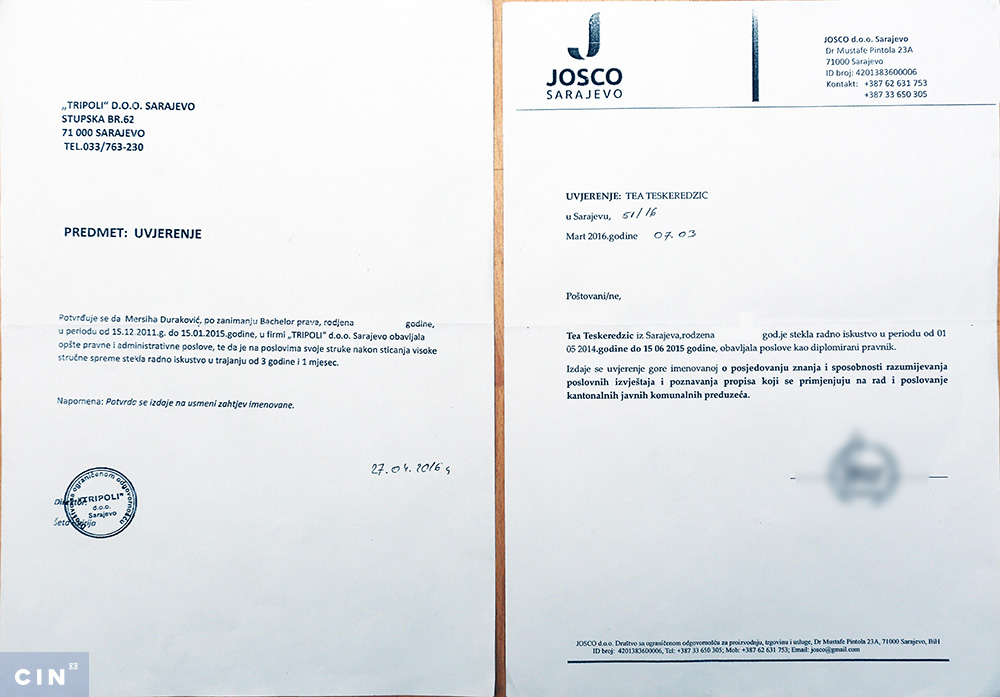
Accountable to Party Only
People CIN interviewed say that the panels’ role are important only on paper. Parties use these bodies to keep an eye on the public enterprises. SDA’s Čelik agrees. He said that the candidates his party nominates monitor companies’ activities.
“Every three months we ask for a report on all the companies – from the panel, supervisory (board) and the board of directors. Wherever we have delegates we want to know the complete information,” he said.
On the other hand, legislators from the Sarajevo Canton Assembly to whom the companies’ panels should be directly responsible, find it hard to get information.
“There is no real insight,” said SDP legislator Slaviša Šućur. He said that party interests are mainly served through the panelss: “You are electing the board of directors in the panel. The board of directors is running very important processes. It makes decisions about hiring,” said Šućur. “Now, here we come to a point that all political parties have an interest in hiring their people, to reward them for some sort of loyalty.“
Minister Hasanspahić agrees. He said that parties fight for management positions. “When elections are done and over, then it’s a time to see what’s gained…and some sort of loot is collected. In this case, an election loot,” said Hasanspahić. “What you get you keep under your control, and that’s that.”




